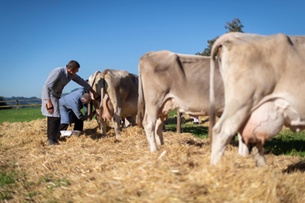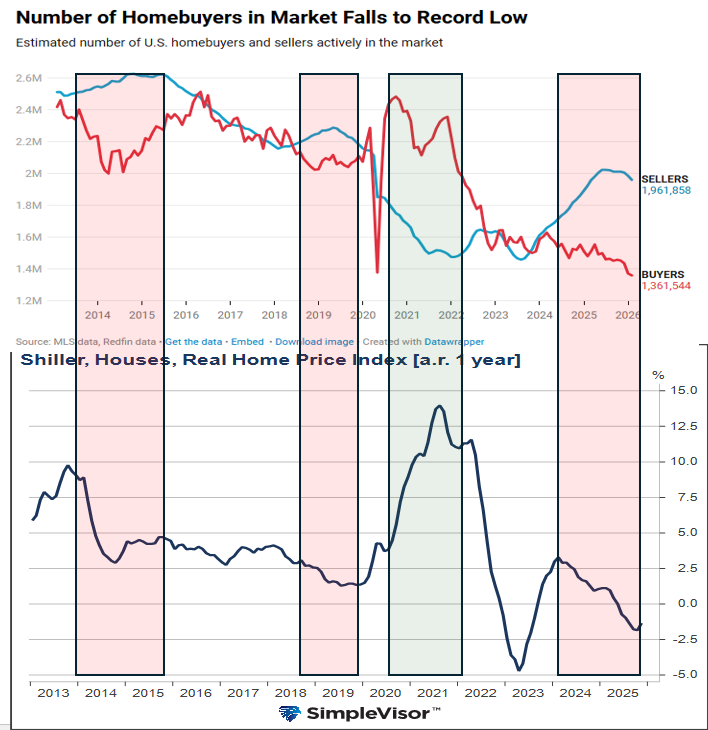The main Swiss business federation has released its recommendations for the government’s sensitive reforms of the agriculture sector. Farmers’ groups reacted with cautious approval.
Economiesuisseexternal link gave its appraisal of the government’s 2022 agricultural reform plans on Monday, an appraisal that mostly centred around the simplification and decentralisation of agricultural measures.
Concretely, the authors of the report suggest a streamlining of the system of agricultural subsidies – reducing them to four main categories – to cut down on red-tape and spur entrepreneurial innovation.
The group also suggests giving more power to the cantons to oversee all environmental and rural measures that have a regional impact. Bern should only take care of policies that apply uniformly across the whole country, they said.
As for the gradual opening to foreign competition of the Swiss agricultural sector, a key (and controversial) element of the government’s plans, economiesuisse did not offer a concrete opinion.
However, it said, the internal measures it suggests, by leaving more entrepreneurial space to local farmers, would be effective even under conditions of foreign competition, something it said Swiss farmers should be prepared for.
Farmers circumspect
The Swiss Farmers’ Unionexternal link said that the report raised the right questions, but that it was not fully onboard with all the recommendations, especially the idea of eliminating longstanding subsidies protecting Swiss cheesemakers from European competition.
Though interesting, “we do not agree with a large part of the measures proposed, and we need to proceed with an analysis of the details”, the farmers’ union stated.
The report comes just a month after controversial figures published by the liberal think-tank Avenir Suisse, who claimed that the agricultural sector costs the Swiss exchequer some CHF20 million ($20.25 million) annually.
Their statistics, as well as their recommendation to cut the spending by CHF14.4 million each year, met with harsh reaction from farming groups (see below).
In September, two nationwide votes were held on the future of Swiss agriculture, one of which aimed to boost the fortunes of small farms, the other focused on ensuring ethical standards on all imported food. Both were rejected.
Full story here Are you the author? Previous post See more for Next postTags: Business,newsletter






















